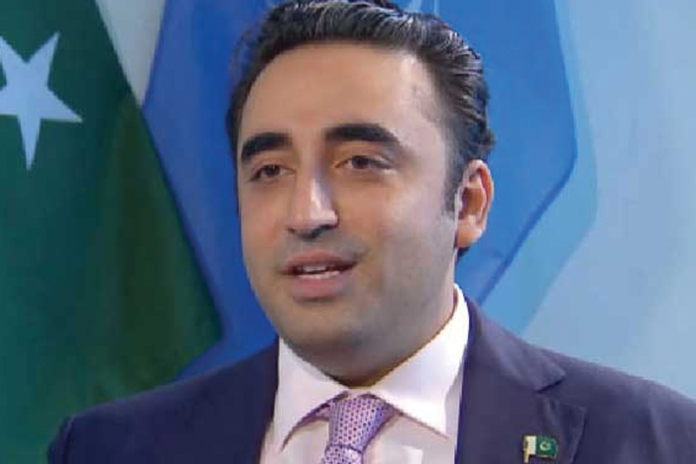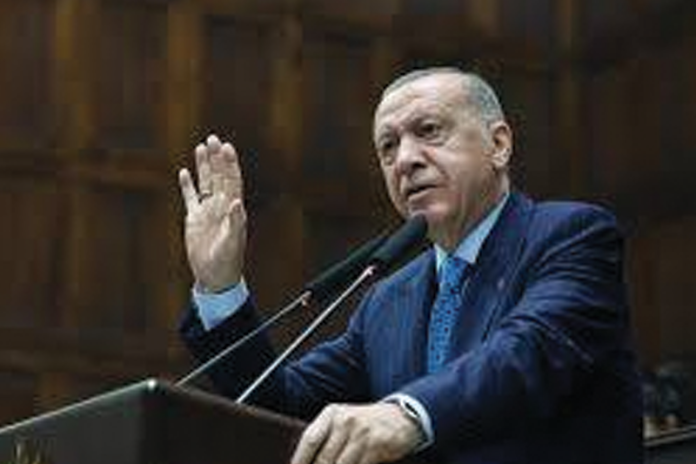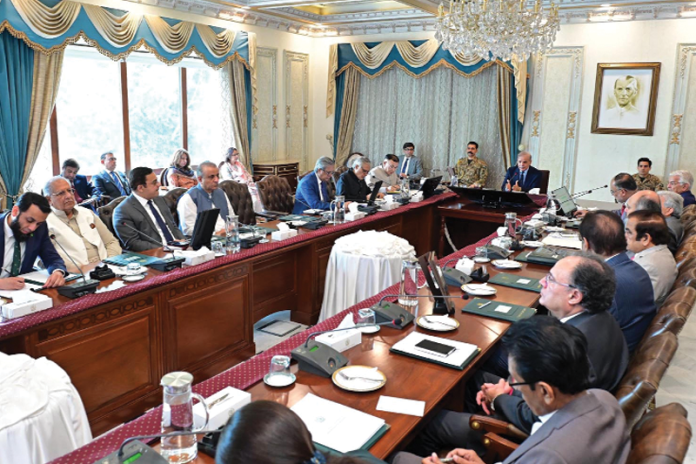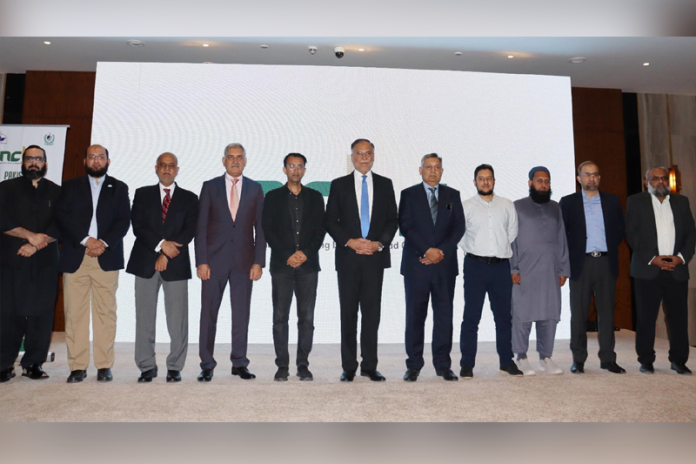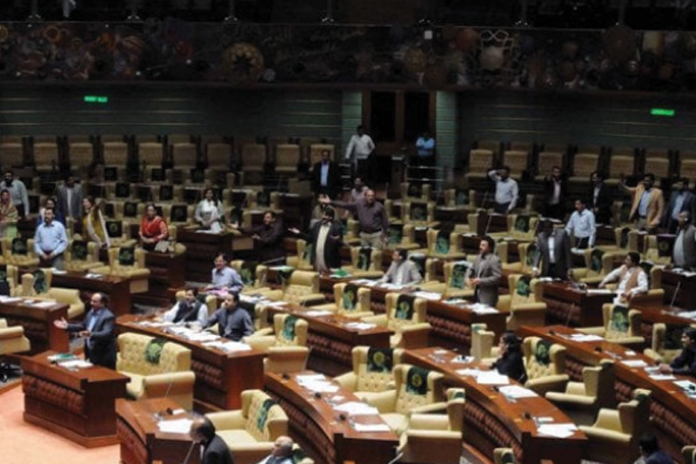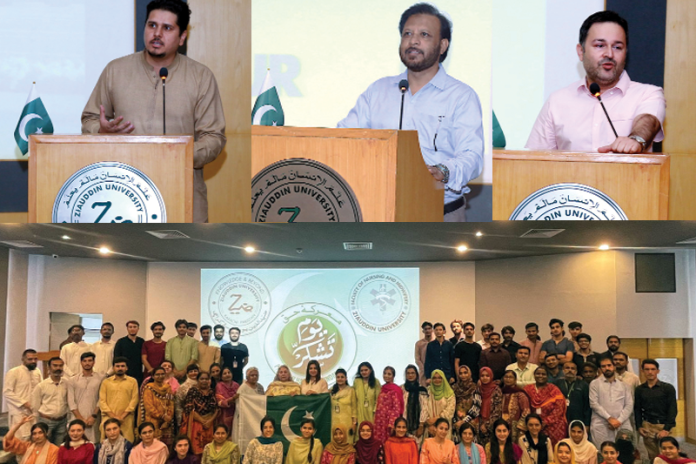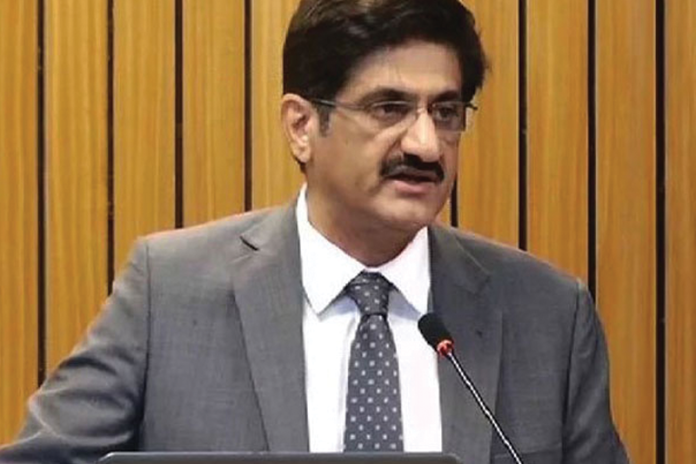Vast opportunities to increase agri exports
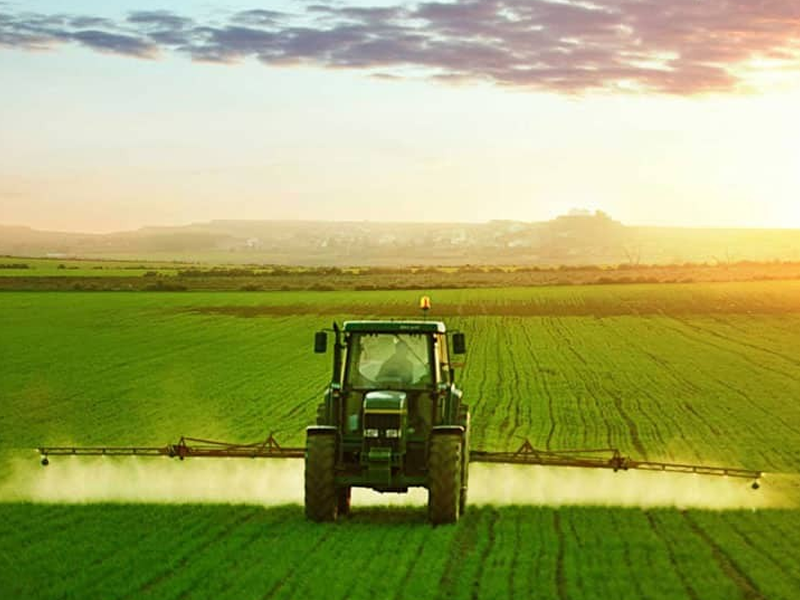
- 276
- 0
Agriculture has a key position in Pakistan's economy. There are vast opportunities to increase agricultural exports, so it is possible to increase them only through modern technology and research and development. This vital sector requires special attention to increase exports. China has made progress by using modern technology in the agricultural sector. We should also benefit from their experiences. Plans are afoot that every year 1000 graduates will be sent to China for agricultural training. Modern technological methods have to be adopted in agriculture to add value to our products. Currently, our agricultural exports have exceeded three billion dollars and have set a target of seven billion dollars for the current financial year. This is a big task, if the federation and the provinces focus on the agricultural sector together, every difficulty can be easy.
More than sixty percent of the country's population lives in villages. The experts are right to say that providing loans to farmers in rural areas will increase production. Not only exports but also joint agricultural projects can be started in Saudi Arabia, UAE, Qatar, Kuwait and Turkey. The trade volume from Turkey will take up to fifteen billion dollars. The opening ceremony of the second Food and Agriculture Exhibition in Karachi indicated that the world is interested in investment in agri sector in Pakistan. The delegates from all over the world were present, the representatives of Chinese companies were also there. Now Pak-China friendly relations will have to be transformed into extensive investment and trade in agriculture, IT sectors.
The next phase of CPEC will consist of business-to-business arrangements. Since the plans are to increase the annual exports to sixty billion dollars. agri sector can play a role in it. If such plans and strategy is implemented, there is no reason why the country's economy should not develop. Meanwhile, the implementation of income tax on agricultural income and some others is still pending.
The IMF has asked the provinces to amend their laws and impose an income tax of up to 45% on agricultural income. Under the constitution, the implementation of tax on agricultural income falls under the category of provincial governments. The government of Pakistan has shown a way to remove any constitutional hurdle by asking salaried entrepreneurs to implement it. The non-imposition of tax on agricultural income is a long-standing issue and has been raised several times in the past in preparation of the budget, industry and commerce. Many have on some occasions rejected the federal budget because it did not include the agricultural sector. The consensus between Pakistan and the IMF, that the implementation of the proposed structural benchmark by the end of October 2024. The four provinces will amend the tax laws related to agricultural income to bring it at par with the corporate tax levied at the federal level.
According to Federal Finance Minister Muhammad Aurangzeb, the provinces have expressed their willingness to increase the agricultural income tax. The revised agricultural income tax will come into effect from January 1, 2025. Under the terms of the IMF, it has also been agreed that if any province imposes agricultural income tax. If it feels any challenge in collection, it can authorize FBR to collect this tax on its behalf. The IMF plans to amend the laws to align the allied tax system of the four provinces with the personal income and corporate income systems. Despite being a 24% contributor to the economy, the agriculture sector contributes 0.1% of the total tax collection. The World Bank has estimated in a report that it can potentially collect up to 1.22 trillion rupees in tax in Pakistan, which is a percentage of the national income.
In the light of the IMF conditions, it has become clear and certain that in the next 6 months, the agricultural sector will be fully included in the revenue stream. By increasing the income tax on the salaried class in the budget, the difficulties of the low income earners, especially the employees associated with the private sector, have been increased. Every section, especially the poor, is very worried about the dozen or so taxes imposed in the latest electricity bills.
After the elections on February 8 and before the federal budget, the inflation graph in the country was on the downward trend. However, currently an average increase of 0.11 percent per week is being seen these days. If this trend continues, it is estimated that the next four to five months, it may become unprecedented in nature. According to the report, during the week ending, the prices of 23 items of daily use increased, 6 decreased, while the prices of 22 remained stable. Dry milk 6.07, chicken 16.34, open Milk 1.37, chickpea dal 3.47, moong dal 1.02 and dal masoor 1.23% became expensive. Potato 0.86%, onion 1.55, tomato 19.47, egg 0.61 and flour 0.61% and everying thing is getting expensive and those living below the poverty line are really running from pillar to post the make both ends meet. Government sources claim that inflation has decreased in recent weeks and it has fallen from 28 percent to 23 percent year-on-year. However, it is impossible to deny the fact that inflation has not decreased.
Meanwhile, experts also say that after the impositon of tax on agriculture income, the prices of grains, fruits and vegetables will further soar, to add to the woes of the common man. On the other hand, the Govt says that this will not happen. But the fact is that when a goverment imposes tax on any sector, the prices increase and its mainly the common man who bears the brunt of the situation.



